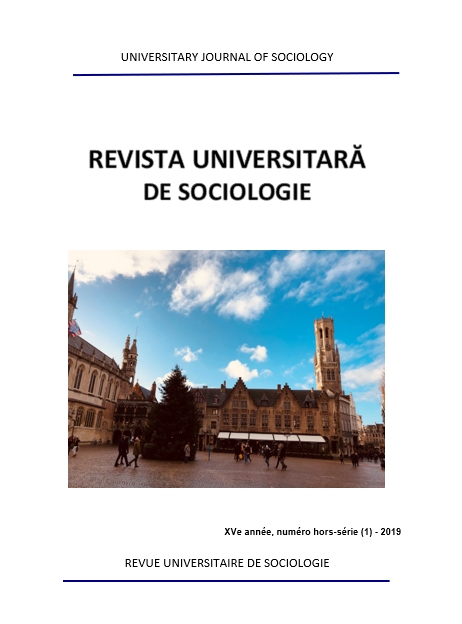La manifestation des inégalités sociales dans le système éducatif en Roumanie
The manifestation of social inequalities in the education system in Romania
Author(s): Sebastian ŢocSubject(s): Social Sciences, Education, School education, Vocational Education, Higher Education , State/Government and Education, Inclusive Education / Inclusion, Sociology of Education
Published by: Ediktura Beladi
Keywords: social inequalities; educational inequalities; poverty; equal opportunities; Romanian education system;
Summary/Abstract: In this article we analyze how social inequalities are manifested in the education system in Romania. The assumption from which we start is that the change of the social structure following the process of transition from a planned state economy to a capitalist market economy has determined phenomena such as poverty and social polarization, as well as the degradation of public health, education or welfare systems. In this context, one of the solutions to exit from poverty and especially to interrupt the cycle of intergenerational reproduction of poverty, has been and continues to be the attempt to provide equal opportunities to all students in education and to support them to obtain at least the minimum skills and the minimum level of education required for participation in the labour market, taking into account all the specific vulnerabilities of capitalist economic systems. In the first part of this article, we describe the main changes in the social structure that have taken place in Romania over the last 30 years, with an emphasis on the analysis of employment, poverty and social inequality. In the second part, we describe the changes that have taken place at the level of the education system with an emphasis on attempts to ensure access to education for all students and define the concept of educational inequality. Subsequently, we use secondary data to analyze how social inequalities manifest in the education system, focusing on the problem of school dropout and the acquisition of basic competences. We describe the vulnerabilities of those belonging to the poor social classes to participate in the educational process and to have chances of school success at least similar to those of the privileged classes. We also argue that the education system contributes to the reproduction of social class inequalities, in the context of changing the occupational structure generated by the processes of globalization and development of platform capitalism. In the last part of the article, we express our skepticism about the role of educational policies in reducing educational inequalities and providing opportunities for school success to pupils from disadvantaged socio-family backgrounds.
Journal: Revista Universitară de Sociologie
- Issue Year: XV/2019
- Issue No: 1(HorsSer)
- Page Range: 96-108
- Page Count: 13
- Language: French

